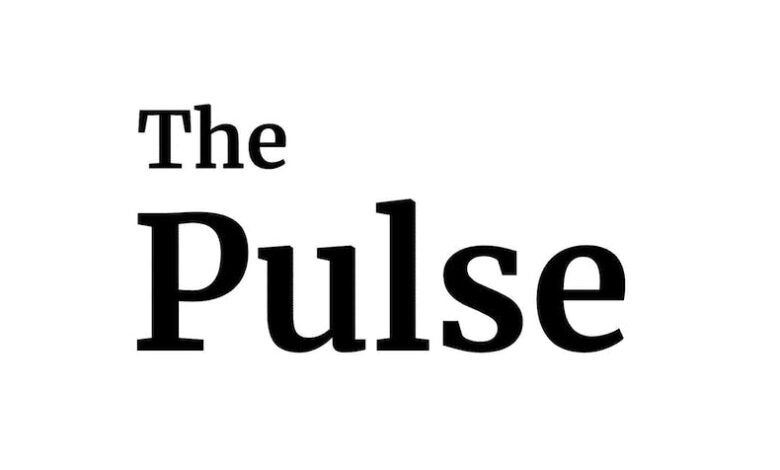‘The wave is here’: nurse practitioners make a difference in Nova Scotia

Not so long ago, nurse specialists in Nova Scotia had to be affiliated with a physician.
But that is no longer the case.
In fact, nurse practitioners, now autonomously licensed, have been given the opportunity over the past five years to do more within their scope.
“The big change last year was they allowed NPs within the (Hospitals) Act to admit people,” said Melanie Dunlop, president of the Nurse Practitioners Association of Nova Scotia (NPANS).
Previously, nurse specialists were only allowed to discharge patients from the hospital.
However, Dunlop said health professionals are working towards a universal goal – to see and treat patients – that has resulted in “major changes for nurse specialists”.
“We’re really trying to get people up to the top of their practice so we can see patients,” Dunlop said.
Those changes have meant that nurse practitioners can now admit their own patients to a primary care clinic or go to people’s homes to independently complete dying medical care.
Dunlop explained that the changes are not new to the health care system, but they are relatively new to Nova Scotia.
“We’re following Ontario and British Columbia, so it’s not like we’re reinventing the wheel here,” she said.

Gail Tomblin Murphy, chief nurse at Nova Scotia Health, said nurses work in many different settings across the province, such as primary care, acute care, mobile clinics, pharmacy walk-in clinics, emergency departments and school programs.
Nurses like Dunlop also work in highly specialized departments such as intensive care units, thoracic units and cardiology.
“Truly, I can say that we have nurse practitioners who are on par with people, whether it’s babies in neonatal ICUs, throughout people’s lives, keeping them healthy in primary care or taking care of them when they being sick in acute care, through to long-term care,” said Tomblin Murphy.
“They are fully integrated into the system.”

While there have been many positive changes for nurse specialists recently, Dunlop said there are still things she would like to see changed in the Hospitals Act so that nurse specialists can do even more.
“The main one that we hope will catch up, and hold us back in one way or another, is capability assessments. That’s pretty much the last piece here,” she explained, adding that it’s within the purview of some nurse practitioners, but not allowed by law.
But nurse practitioners who can work well within their scope, as well as work in a hybrid role, has made a difference in the numbers in Nova Scotia.
Dunlop said their association now has over 300 members, up from halfway to 100 just a few years ago.
“You’ll see nurses everywhere now,” Dunlop said.
Tomblin Murphy said there are also 15 nurses enrolled in the Nurse Practitioner program at Dalhousie University, as well as others also enrolled in online programs, making a total of 101 registered nurses working for Nova Scotia Health in a Nurse Practitioner -program.
“My prediction would be if we keep our foot on the pedal, which is what we need, and continue to encourage and get nurse specialists working where they need to be for Nova Scotians, then we’re going to (see) our nurse numbers climb,” Tomblin said Murphy.
“The wave is here and they are making a big difference to patients and access to care.”




